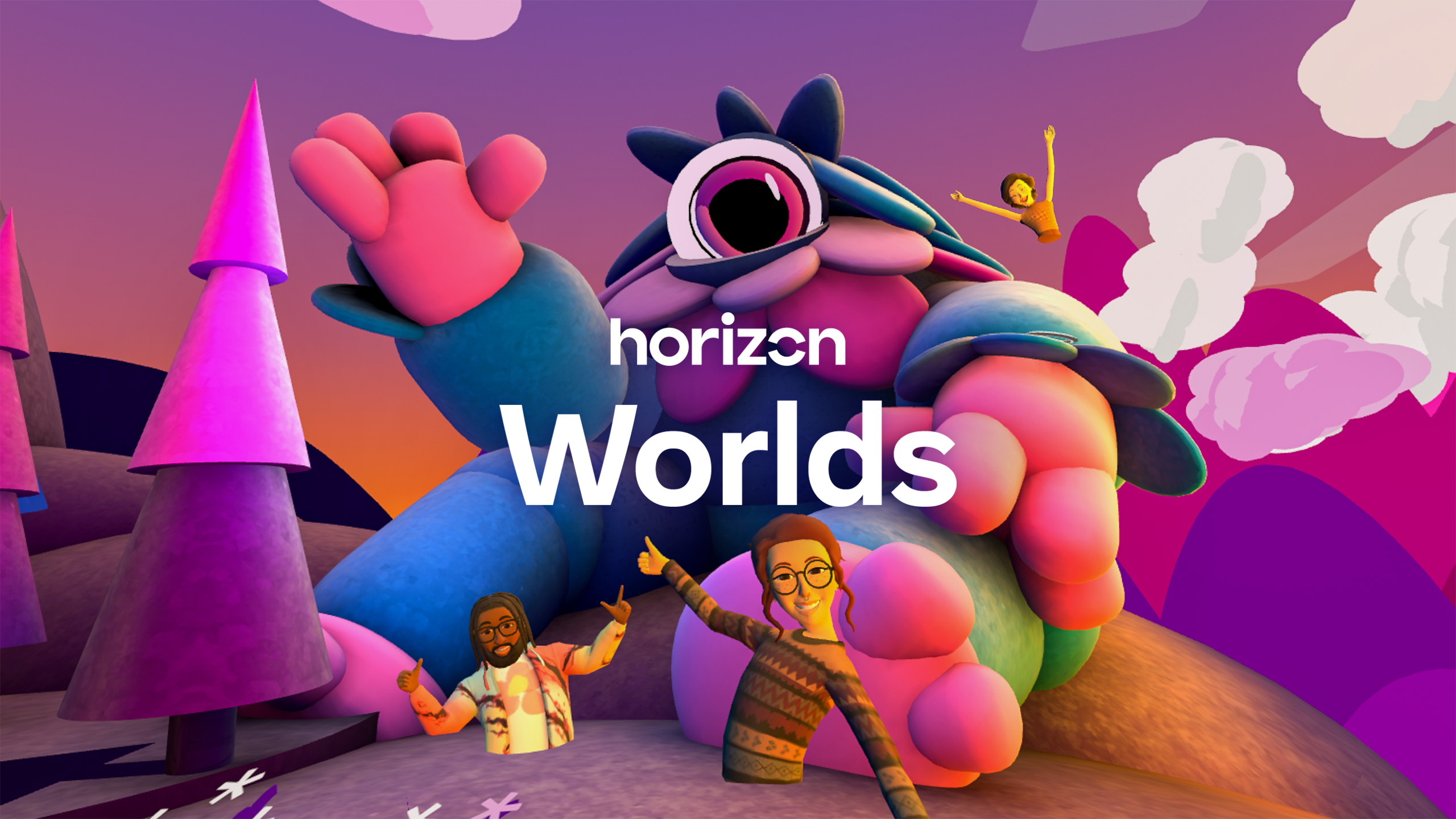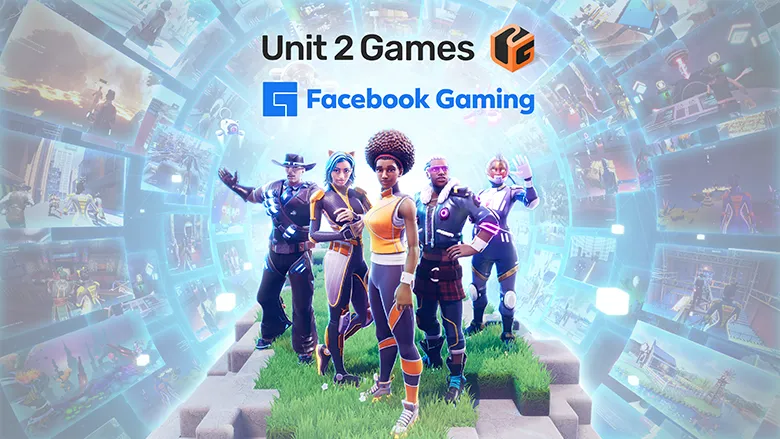Even Meta's staff aren't fans of the Oculus Quest 2's metaverse based on leaked memo
Horizon Worlds isn't yet "usable and well-crafted"

Sign up for breaking news, reviews, opinion, top tech deals, and more.
You are now subscribed
Your newsletter sign-up was successful
Meta’s Horizon Worlds platform – its first attempt at a social metaverse – is so bad even its own creators don’t like using it, according to the latest reports.
The Oculus Quest 2 exclusive social media platform hasn’t yet taken the world by storm as Meta likely hoped it would after announcing its broad VR plans at last year’s Facebook Connect. And, according to a leak obtained by The Verge, the team behind Horizon Worlds is all too aware of why the platform is struggling.
The leaked memo – that was apparently shared by Meta’s VP of Metaverse Vishal Shah with his team on September 15 – says that “the aggregate weight of papercuts, stability issues, and bugs is making it too hard for our community to experience the magic of Horizon.” He then added that “for an experience to become delightful and retentive, it must first be usable and well crafted,” seemingly implying that Horizon Worlds is not yet either of those things.
The memo also reveals that his comments are based on feedback from creators, users, and members of the development team.
Though despite the issues Horizon isn’t likely to be sent to Meta’s well-used chopping block quite yet. Alongside teasers for the hotly anticipated Project Cambria, Meta CEO Mark Zuckerberg has also said that Meta Connect 2022 on October 11 will showcase some “major updates” that are coming to the platform soon.
Analysis: The Meh-taverse could be saved
Meta employees aren’t the only people who don’t love Horizon Worlds, we aren’t big fans either. Our US Editor-in-Chief Lance Ulanoff and I were left with really similar first impressions: the game is just too boring right now. Especially when it’s compared to the more polished and interesting multiplayer VR experiences on Quest 2 (like Walkabout Mini Golf and Wands Alliances).
User-led platforms can lead to some amazing things, just look at the inventive platforming levels devised by Super Mario Maker 2 players, but if people aren’t making worlds then there’s no reason to stick around. And with its mediocre graphics, clunky controls, and slow load times, Horizon Worlds isn’t making itself look like an appealing option for aspiring game creatives.
Sign up for breaking news, reviews, opinion, top tech deals, and more.
With players and creators alike being turned away it’s no surprise to hear that Meta is apparently worried about its platform’s retention rate.

This clunkiness doesn’t have to be the norm though, and Meta already has a team on its staff that could come to the rescue in Unit 2 Games, the developer behind game creation tool Crayta.
Back when it was a Google Stadia exclusive – oh how times have changed – I was really impressed with Crayta. The tools were simple enough that mobile players with limited controls could have a crack at making enjoyable games for their friends, while also offering aspiring game developers more in-depth options on PC so they could really bring their ideas to life. On top of this, Crayta launched with several really engaging and inventive pre-made worlds for people to enjoy that could then serve as an inspiration for a player’s own projects.
Unit 2 Games has shown that it knows how to make a solid game creation platform, and some of its ideas could be used to really improve Horizon Worlds from what we have right now – and perhaps help it become one of the best Oculus Quest 2 games. We'll just have to wait and see what updates are announced at Meta Connect 2022.

Hamish is a Senior Staff Writer for TechRadar and you’ll see his name appearing on articles across nearly every topic on the site from smart home deals to speaker reviews to graphics card news and everything in between. He uses his broad range of knowledge to help explain the latest gadgets and if they’re a must-buy or a fad fueled by hype. Though his specialty is writing about everything going on in the world of virtual reality and augmented reality.